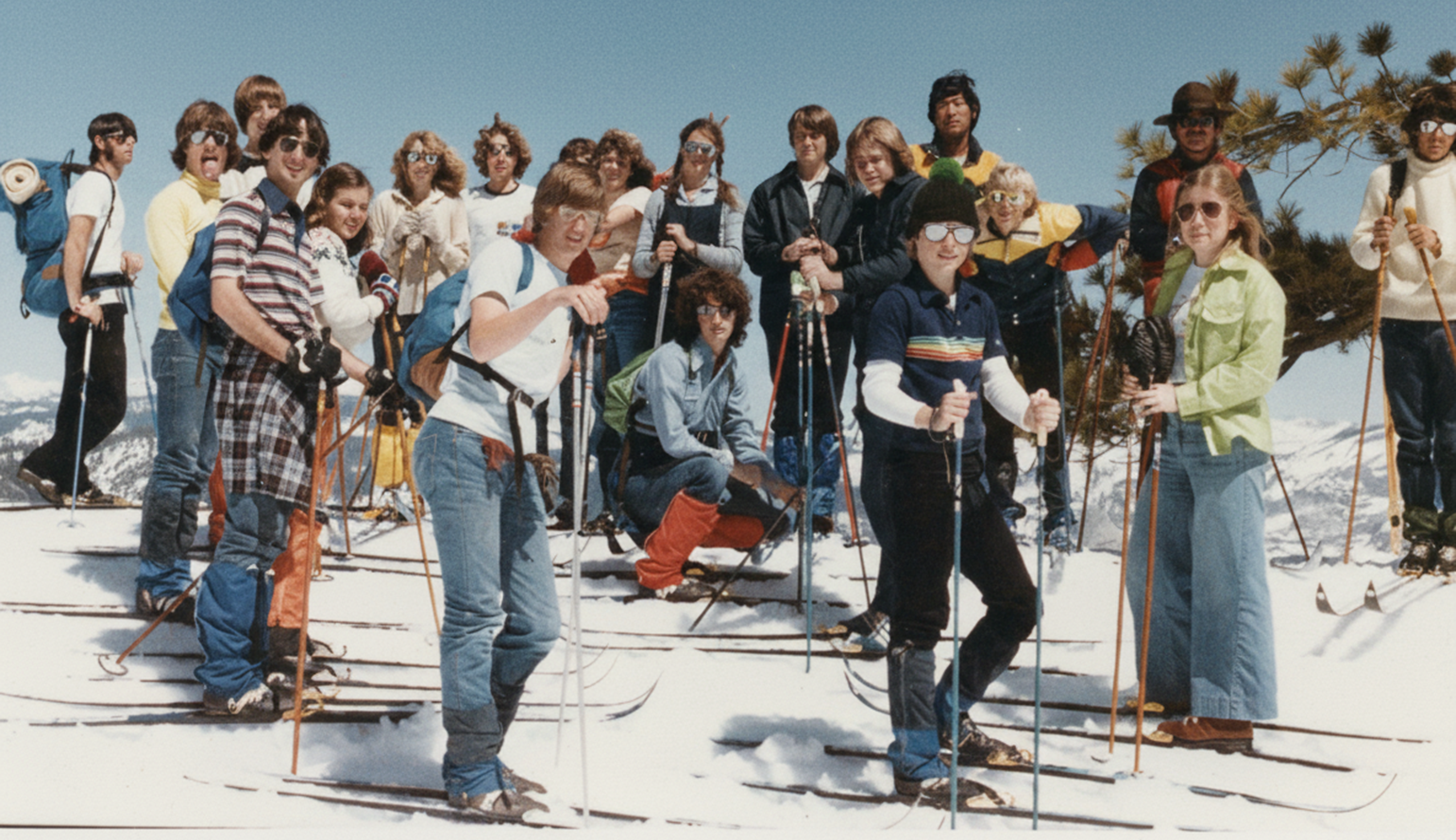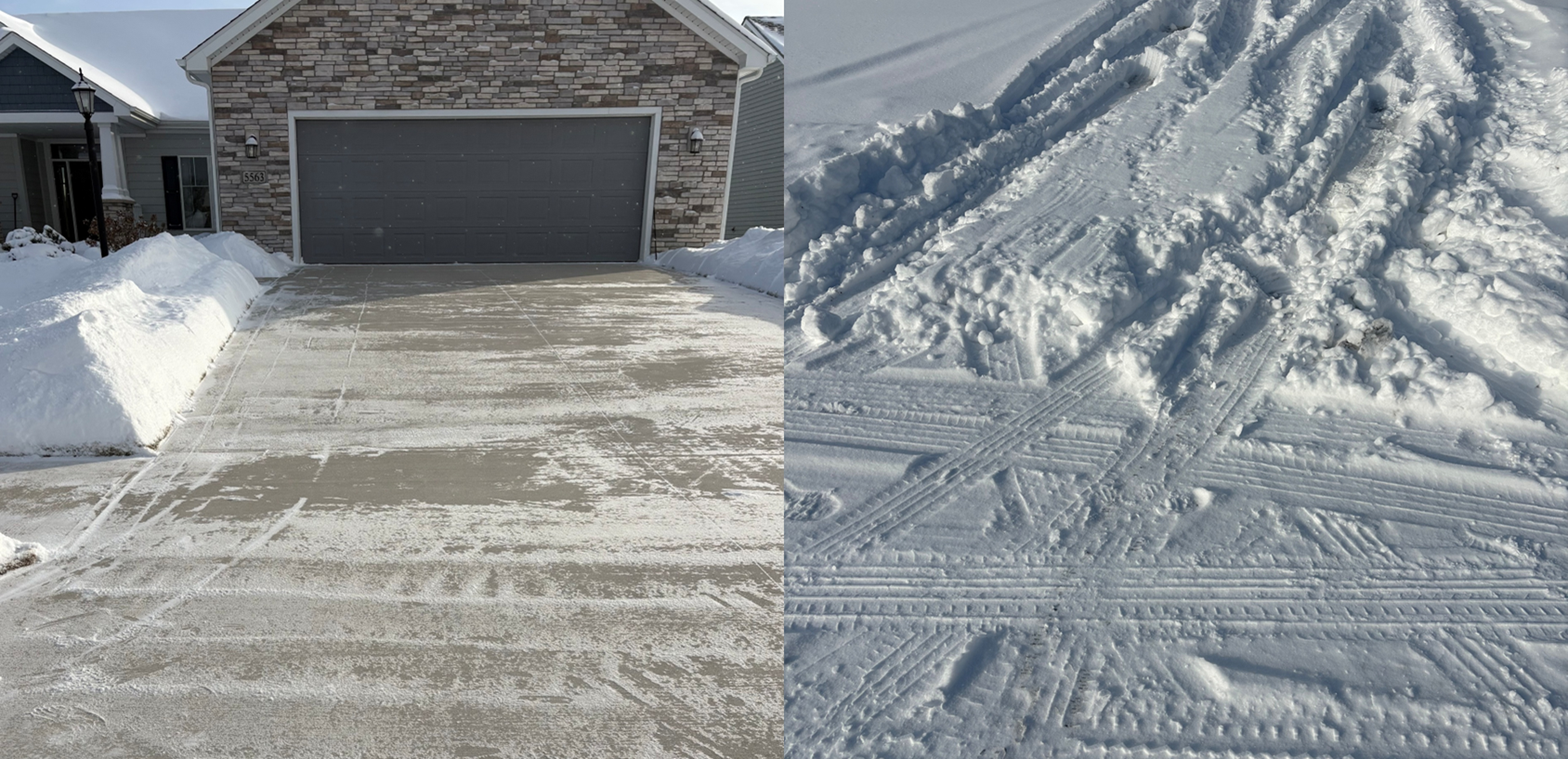Many of us are aware of last week’s tragic news of the deadly avalanche in the California’s Sierra Nevada not far from Lake Tahoe.
The heart-rending story reminded me of the much happier story from 40+ years ago when Becky and I and a group of good friends set off on cross-country skis from Badger Pass in Yosemite National Park for a couple of days at Ostrander Ski Hut, ten miles and 3,000 feet in elevation gain away. By the time we reached Ostrander, we, too, were caught in a winter blizzard and our two-day trip ended up being a four-day trip. We weathered the storm in the protection of the old stone hut and by the time we skied out through three feet of new snow, the sky was blue and the sun was bright.
Good times and a story we have told often. On that trip and other wilderness expeditions, one of our friends, who was also our leader, made wise decisions – at Ostrander to hunker down, and on other expeditions to turn back. I thank God for his wisdom.
In the wake of the sad news from Castle Peak, that leader, still a good friend and still wise, and I were texting back and forth remembering the Ostrander trip and other adventures (the photo above is from my days as a youth director when we took a group of our kids out to Dewey Point in Yosemite, 3,300 feet above the valley floor).
Yes, good memories and good friends.
But then my friend added, “These make me think, too, of our backpack trip over Deadman Pass, down to Thousand Island Lake, and up to Donahue Pass to scout out the X-C ski trip from Mammoth to Yosemite Valley. You were slip-sliding away off Deadman Pass on our side-hill traverse. Thought you were a goner for a couple of seconds.”
I don’t tell the story of my slip-slide on Deadman Pass very often, but it came back to me in a flash. Just a couple of seconds, and I don’t remember the how or why of the slide, but I remember thinking I might be a goner. As soon as my friend mentioned those couple of seconds, my mind raced back to the scene of our side-hill traverse of Deadman Pass. I felt the panic and the fear, and then the relief. All was well and we still had a long way to go.
“All’s well that ends well,” Helena says in Shakespeare’s play that bears the name of her words.
Was there much to learn from my side-hill slide on Deadman Pass? I don’t remember the how or the why of it. Did I slip or trip? Was I distracted by an eagle flying overhead or a black bear on the trail ahead of us? What was I to learn? Be careful next time? Maybe. “All’s well that ends well” isn’t much of a lesson to learn.
John Savage is the president of the National Avalanche Association. One of the many news stories about the Castle Peak avalanche quotes Savage as saying, “Humans are fallible. We generally make logical, good decisions − except when we don’t. If you’re out…in the backcountry for many years, the law of averages dictates you will make some bad decisions. Chance, or luck, will determine whether, or how much, you pay for the bad decisions.”
I am not sure my human fallibility makes for generally good decision making. One lesson I have learned, however, is that I need to rely on more than chance or luck to make it through this slip-sliding-away life. I still don’t know how my Deadman Pass slide began or why it ended just short of me being a goner. But I have learned that God’s grace is amazing. It has covered a lot of bad decisions.





